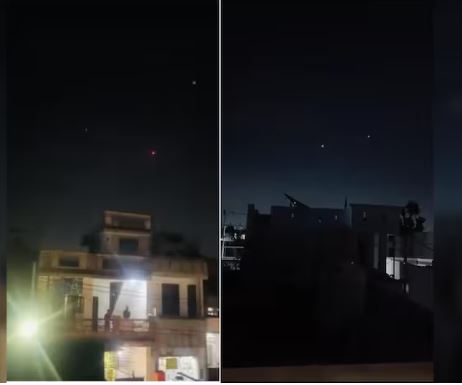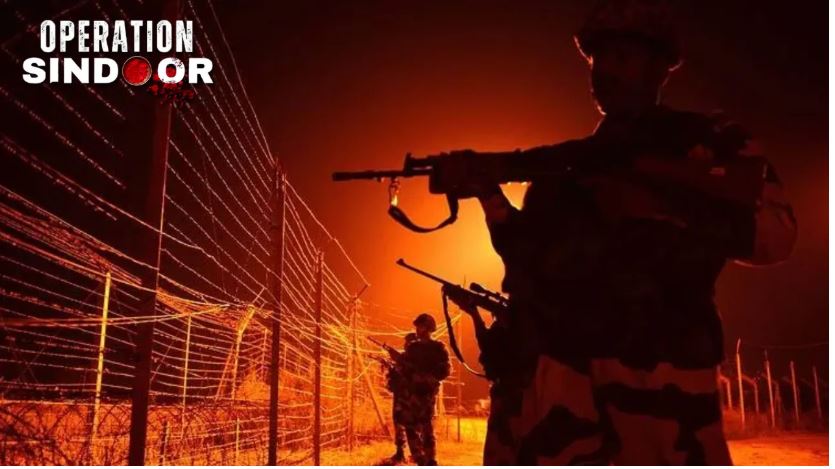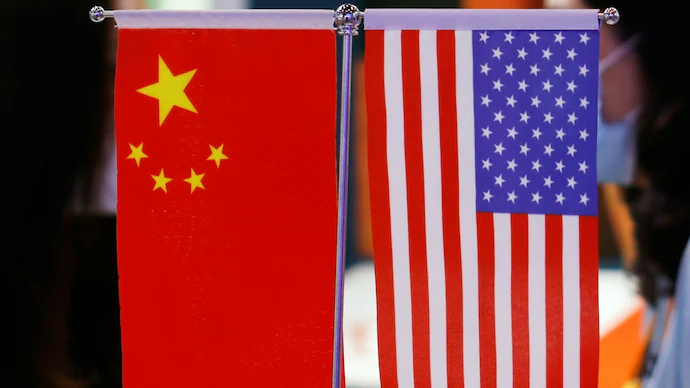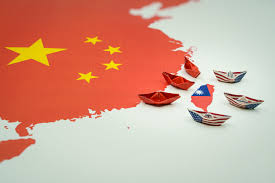PM Modi, Bangladesh Chief Advisor Muhammad Yunus hold 40-minutes bilateral talks
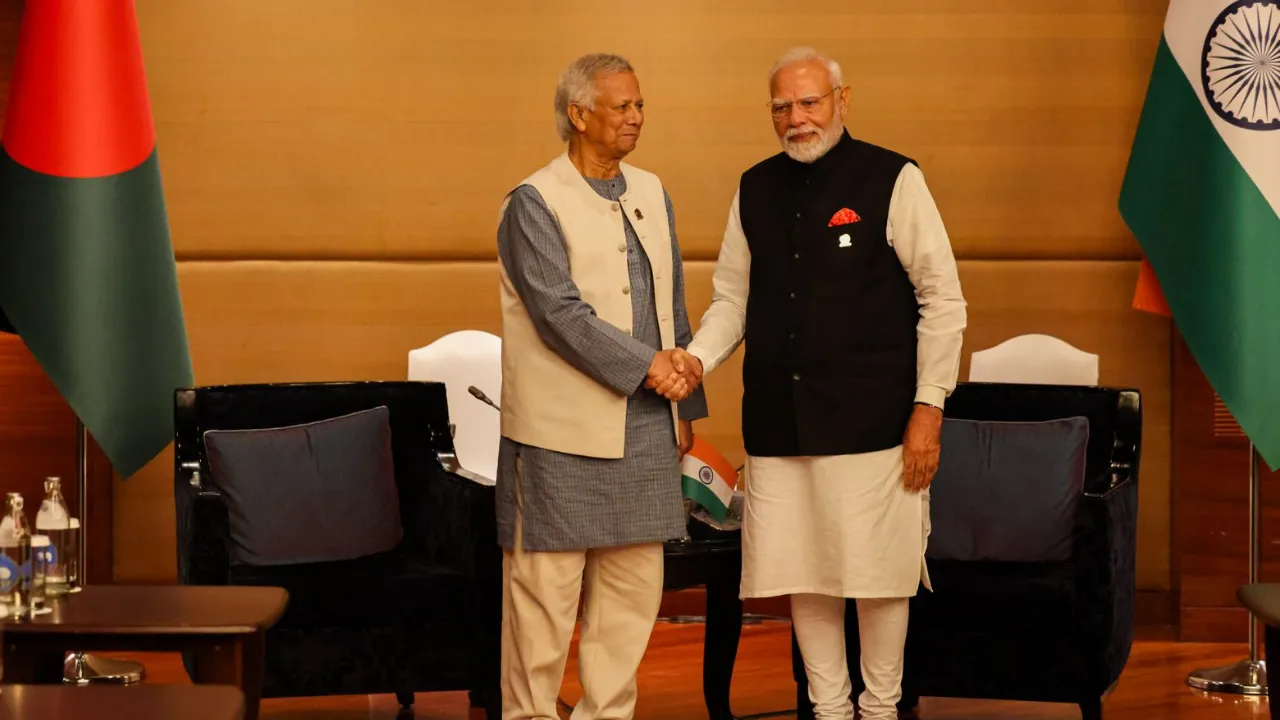
NEW DELHI: Prime Minister Narendra Modi met Bangladesh's Chief Advisor Muhammad Yunus at the sidelines of the BIMSTEC Summit in Bangkok. This is the first engagement between the two leaders after Yunus took over as the interim head of the neighbouring country post former PM Shiekh Hasina's ouster.
Prime Minister Narendra Modi participated in the 6th BIMSTEC summit in Bangkok and shared pictures from the event on X. PM Modi stated that all the leaders reaffirmed their commitment to boost cooperation diverse across sectors. He hoped that their efforts would make a positive difference in people’s lives.
BIMSTEC is a sub-regional grouping comprising Bangladesh, Bhutan, India, Myanmar, Nepal, Sri Lanka and Thailand, focused on economic and technical collaboration. Bangladesh is set to take over as the next chair.
Muhammed Yunus assumed office after a four-day political vacuum following Sheikh Hasina's ouster after 15 years in power. India said that Prime Minister Narendra Modi received a call from Yunus, wherein the Indian PM reiterated his call for safety and security of the "Hindus and all other minority communities" in Bangladesh.
The Bangladesh interim head chose China as the first country to visit for a bilateral meeting. Despite this, the Indian PM in March wrote a letter to Yunus to mark Bangladesh’s National Day. He emphasised the importance of mutual sensitivity between the two nations, while referencing the Bangladesh Liberation War as a "shared history." PM Modi reaffirmed India’s commitment to strengthening the bilateral relationship between the two countries.
"This day stands as a testament to our shared history and sacrifices, that have laid the foundation of our bilateral partnership. We remain committed to advancing this partnership, driven by our common aspirations for peace, stability and prosperity, and based on mutual sensitivity to each other's interests and concerns," PM Modi wrote in the letter to Yunus.
The relationship between India and Bangladesh has faced turmoil following the overthrow of the Awami League government led by Sheikh Hasina, and her subsequent flight to India. When protests against former PM Shiekh Hasina began in Bangladesh, the immediate reaction of New Delhi was to call it "an internal matter". Unfortunately for India, the fallout from Hasina’s ouster not only triggered violent reactions against Hasina and her family but also soured people-to-people connect between the two countries.
Hasina’s 2024 election victory became controversial amid allegations of vote rigging and manipulation. As she rose to power for the fifth time, Hasina dismissed the student-led protest over reservation law but it ultimately led to her ouster. Following her exit, anti-India sentiment in Bangladesh rose as Delhi was seen as a “friend” of Hasina.
Hasina has since then stayed in India but New Delhi has not responded to Bangladesh’s formal request for her extradition.


